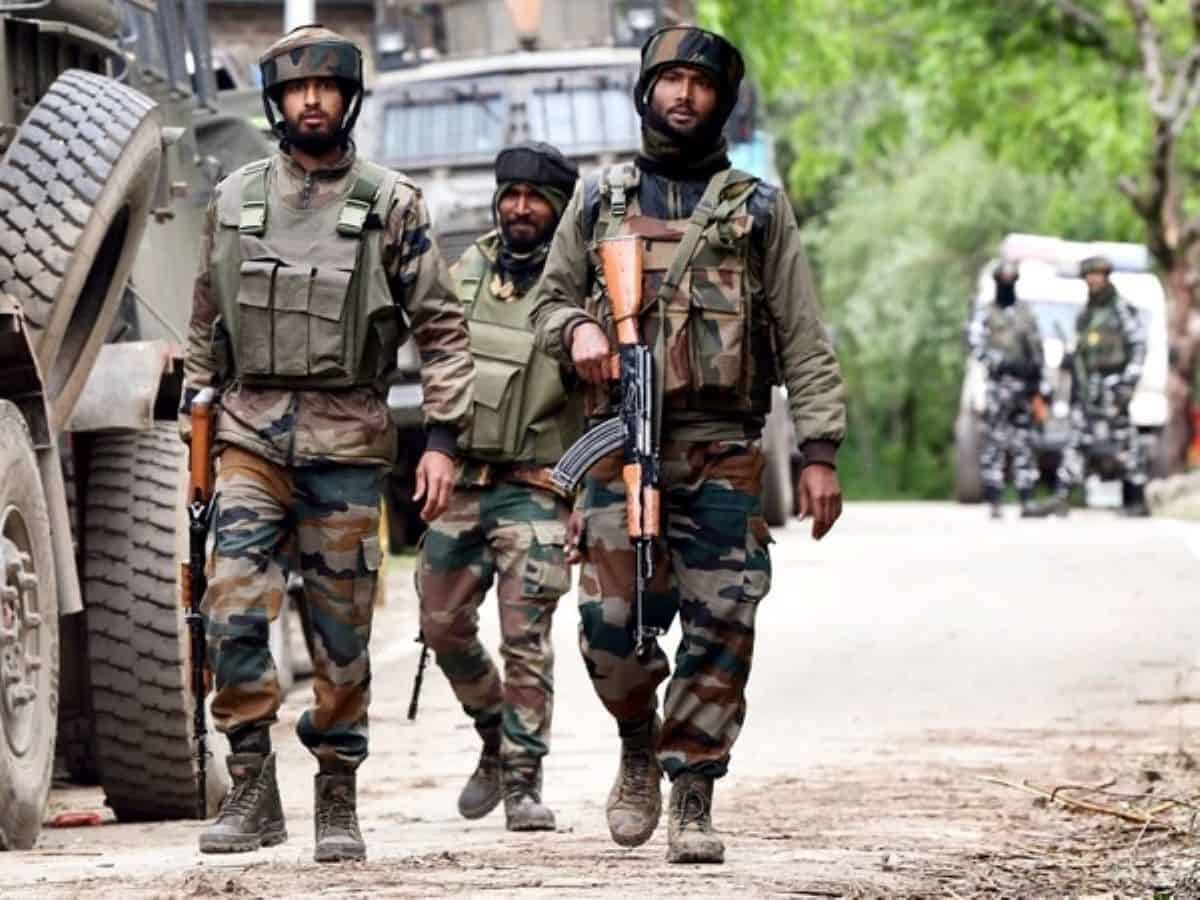
There appears to be a divergence, though not as much as it may seem, the way Delhi and Jammu and Kashmir look at the definition in definition and reality in the region, where anti-terrorism is seen as the final opening of doors to peace. The counter-terrorism operations, based on zero-tolerance to terrorism theme and action, are crucial in ushering in peace in the region which has been at the receiving end of violent extremism for the past 32 years. This is at the core of eliminating threat that minds in Kashmir have been facing over the decades, in fact, it has been the case for generations in the valley.
As it has happened, the reining in of terrorism has opened wide space open for normalcy to occupy The result is that a wave of vibrant normalcy is there- schools are open, shutdowns have become a thing of the past, stone throwing has been consigned to the dustbin of forgotten history. This has been achieved, and much more is being done to up the ante of normalcy – tourists have started arriving in large numbers, and by February end, 1.20 lakh had visited the Valley and film units are back to the beautiful and ever-enchanting valley of the shimmering waters of Dal Lake.
There is no dispute over this change. This fact can be appreciated by the residents who have seen endless life indoors or living under the fear of hearing midnight knocks. There were fears of stepping outside and also the fear of staying inside. The residents had devised their own safety mechanisms, depending on the conditions in which they were living, and especially their immediate neighbhourhood and surroundings. It is here where they tend to agree with Delhi’s definition of peace and normalcy.
Kashmir’s own definition of peace is somewhat different, that’s more inclusive. The difference is that while they welcome the tourist footfall and uninterrupted daily routine, they are uneasy about certain things. They need peace where they are free to think and express themselves in their own language, converse the way they want to, and be free of the fear of losing something. The fear of unknown still haunts them. They want the peace of their own liking and making, though they concede it quite candidly that what has happened in terms of counter- terrorism operations could not have been done under any other circumstances, least of all in the times they have seen when the political patronage to enemies of peace was so visible and palpable. They were sick of violence but didn’t know how to get rid of it , except for praying in silence for end of their turbulences.
Peace was never a low hanging fruit in Kashmir, neither in the years gone by nor today. So, they want peace of their own colour. Peace cannot be imposed – the optics of that can be treated but whether those would be adopted into their life as the final mirror image of what they wanted is open to question.
When Apni Party chief Syed Mohammad Altaf Bukhari, whose politics is centered on following middle path – no confrontation with Delhi nor stoking emotions of the people, thundered, “ New Delhi may or may not require peace here, but the J&K people desperately do,” it reopened the question of what kind of peace J&K is looking for. Coming from him, for he’s the man who believes in putting his views across to the Government leadership rather than issuing warnings, it reflects the split definition of peace.
The peace that Kashmir is looking for is where the voices are heard by the people at the helm in the mutually understandable language and at the level of equality. The people here are used to addressing the rulers by their first name and telling them that they want this or that, and at the same time hurling veiled and not-so-veiled warning about the consequences. These are old habits , and the old habits die hard.
Delhi is in search of complete peace in the Valley through a system – sending union ministers every now and then, to hear the success stories visible through macadamized roads and from the bureaucrats who themselves have little connect with the people. They look at peace through different prism, when they can hold the men at the helm accountable for their acts of omission and commission, and demand follow up to the promises. In the near- absence of this, they feel let down. It has impacted their psychology. They want to become partners in peacebuilding efforts with their participation. They may not be saying it at the moment that they are unhappy because of the perceived or real consequences for such audacity, but when they see, faces they know, talk in terms of helplessness, they lose confidence. People’s confidence in the times and leaders is mandatory for peace.



